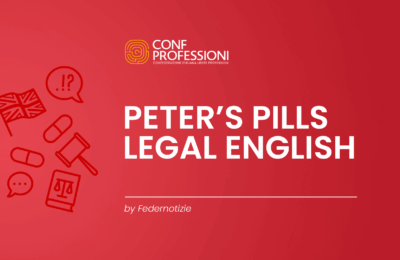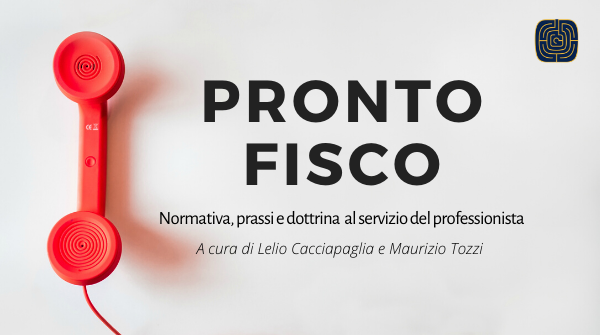“Peter’s Pills” è la rubrica online di Legal English curata da Federnotizie, in collaborazione con Confprofessioni e Beprof.
In questa videolezione parliamo di “Vested interest vs Contingent interest” ovvero “Diritto certo vs Diritto condizionale”.
Un Vested interest è un diritto certo e incondizionato, che garantisce al titolare la possibilità di godere di un bene o di un vantaggio, presente o futuro, senza alcuna condizione da soddisfare. Non vi sono requisiti o eventi incerti che devono verificarsi affinché il titolare possa rivendicare il proprio diritto.
Al contrario, un Contingent interest è un diritto il cui godimento dipende dal verificarsi o meno di un evento futuro incerto. Il titolare dell’interesse non ha ancora un diritto consolidato, poiché esso è soggetto a condizioni.
La video-lezione è disponibile anche su Federnotizie e sull’app Beprof, scaricabile gratuitamente da App Store e Google Play.
Transcript:
Today we look at the differences between a vested interest and a contingent interest which is a very important distinction to make in property and trust law.
A vested interest[1] is an interest where the right to present or future enjoyment[2] is certain and unconditional. There are no prerequisites or uncertain events that need to happen for the interest holder[3] to claim[4] their right.
For instance, if a will[5] states, “I give my house to John,” John has a vested interest in the house upon the testator’s death[6]. Even if John is not to take possession until a future date (e.g., “I give my house to John, but he cannot live in it until he turns 25”), the interest is still vested because his right to ownership is established, only the enjoyment is postponed[7]. Vested interests are transferable and inheritable.
In contrast, a contingent interest[8] is an interest where the right to enjoyment is dependent upon the occurrence or non-occurrence[9] of an uncertain future event. The interest holder’s right is not yet established. It is conditional.
For instance, if a will states, “I give my house to Sarah, if she graduates from law school,” Sarah has a contingent interest. Until she graduates from law school, her right to the house is not certain. If the condition is not met, the interest may never vest. Contingent interests are generally not transferable or inheritable until they vest.
So, in essence, a vested interest guarantees a right, while a contingent interest merely offers the possibility of a future right, pending[10] specific conditions.
Thank you very much and see you next time for more Peter’s Pills to improve your Legal English!
Note
[1] vested interest – diritto pieno e certo; diritto consolidato
[2] enjoyment – godimento
[3] interest holder – titolare dell’interesse
[4] claim – rivendicare
[5] will – testamento
[6] upon … death – alla morte del …
[7] postponed – posticipato
[8] contingent interest – aspettativa di diritto; diritto condizionale; diritto eventuale
[9] upon the occurrence or non-occurrence – dal verificarsi o dal non verificarsi
[10] pending – in attesa


